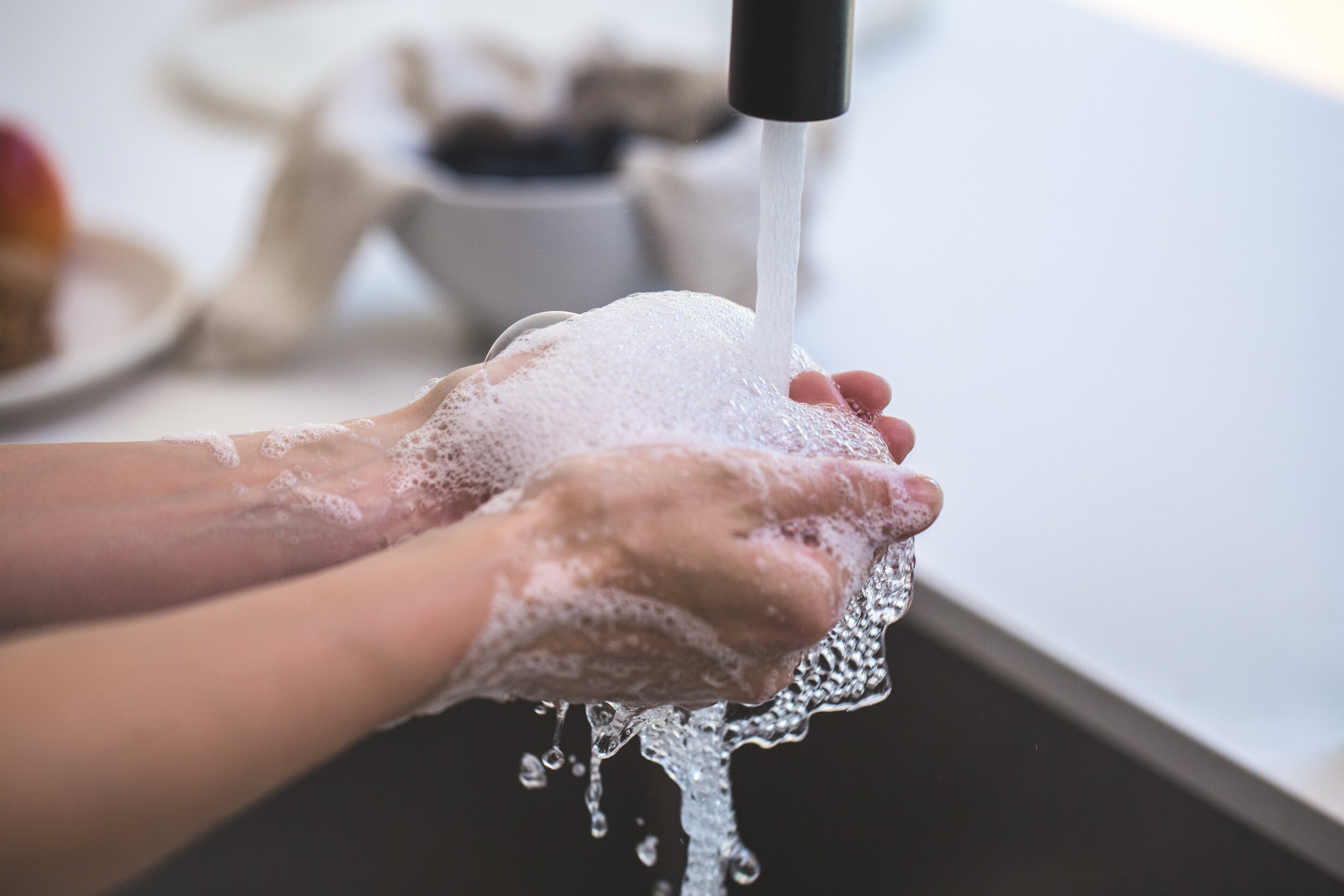One of the silver linings of the COVID 19 pandemic has been Americans increased attention to hygiene. In particular, their efforts to wash or sanitize their hands more thoroughly and frequently throughout the day. The history of hand washing is initially attributed to a 19th century Hungarian physician named Ignaz Semmelweis. Semmelweis was initially troubled by the higher death rate (3x) of children born when delivered by physicians compared to mid wives. Although many factors were considered he noted physicians were called to deliver babies from other hospital areas, including the gross anatomy lab, compared to the mid wives. These other areas increased the exposure of new borns to various bacteria and viruses including Puerperal fever. Semmelweis directed all physicians to wash their hands and utilized various tactics, some extreme, to improve compliance. He noted a significant reduction of infection and mortality using the simple technique of hand washing.
In addition to hand washing, Americans also have the choice of using a hand sanitizer (>60% alcohol) to clean their hands during the day. While these products help sanitize a user’s hands, they do not clean the individuals hands. In addition to its’ antiseptic properties hand washing allows the opportunity to scrub and clean various areas of the hands including hard to target areas such as the nail bed. Previous research studies have found hand washing is also more efficient than hand sanitizers requiring less time to clean hands of bacteria and viruses. In short, hand washing has been shown to be more effective and efficient compared to hand sanitizer (Hirose et al. mSphere. 2019).

